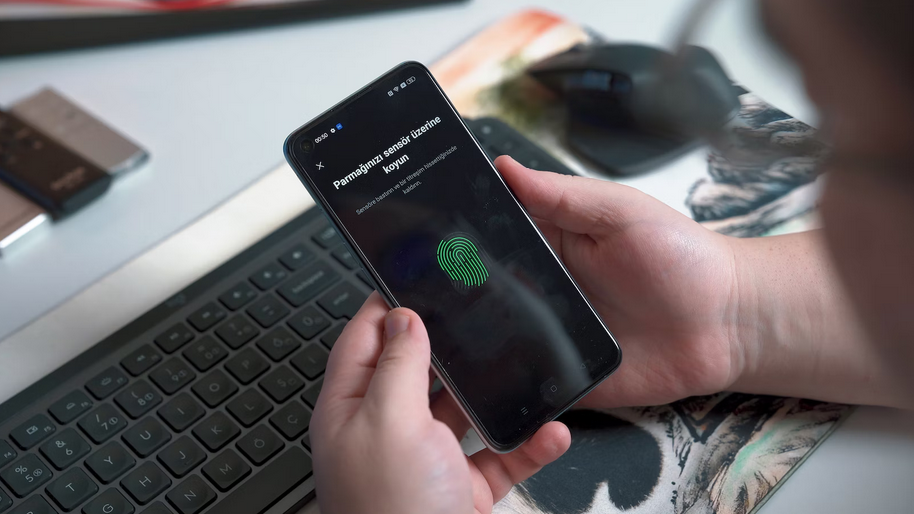With the rapid advancement of technology, the threat of hacking has become more prevalent than ever. Hackers employ various methods to gain unauthorized access to sensitive information, from personal data breaches to financial fraud. However, implementing the right security measures from pcerror-fix.com can significantly lessen the risk of succumbing to these attacks. This article will discuss effective strategies to protect yourself against common hacking methods.
Keep Your Software Updated
Regularly updating your software and operating systems is crucial for maintaining strong security. Developers release updates to patch vulnerabilities identified in their software, making it harder for hackers to exploit them. Enable automatic updates whenever possible, or manually check for updates regularly.
Use Strong and Unique Passwords
One of the simplest yet most effective ways to safeguard yourself is by using strong and unique passwords. Avoid common passwords such as “123456” or “password” and instead create complex combinations with a mix of letters, numbers, and symbols.
Be Cautious of Phishing Attempts
Phishing is a common method hackers use to trick individuals into sharing their login credentials or sensitive information. Be vigilant when receiving emails, messages, or calls that request personal details or redirect you to unfamiliar websites. Avoid clicking on suspicious links and verify the source’s legitimacy before sharing any information.
Utilize Two-Factor Authentication (2FA)

Two-factor authentication adds an extra layer of security to your online accounts. It typically involves using a secondary device, like a smartphone, to verify your identity after entering your password. Enable 2FA wherever possible, as it significantly eliminates the risk of unauthorized access to your accounts.
Secure Your Wi-Fi Network
Your Wi-Fi network can be vulnerable to attacks if not properly secured. Change your router’s default administrator username and password, and ensure that you are using strong encryption protocols, such as WPA2 or WPA3. Additionally, regularly update your router’s firmware to protect against known vulnerabilities.
Install Antivirus and Firewall Software
Antivirus and firewall software protect your system from malware and other cyber threats. Invest in reputable security software and keep it up to date. Regularly scan your computer for potential threats and configure your firewall settings to block unauthorized incoming connections.
Educate Yourself About Social Engineering
Social engineering involves manipulating individuals to gain access to their confidential information. Familiarize yourself with common tactics hackers use, such as impersonation, pretexting, or baiting. By being aware of these methods, you can better identify and avoid falling victim to social engineering attacks.
Protecting yourself against common hacking methods requires a proactive approach to security. Remember, prevention is key to safeguarding your digital life from hackers. Stay informed, stay vigilant, and prioritize your cybersecurity.

